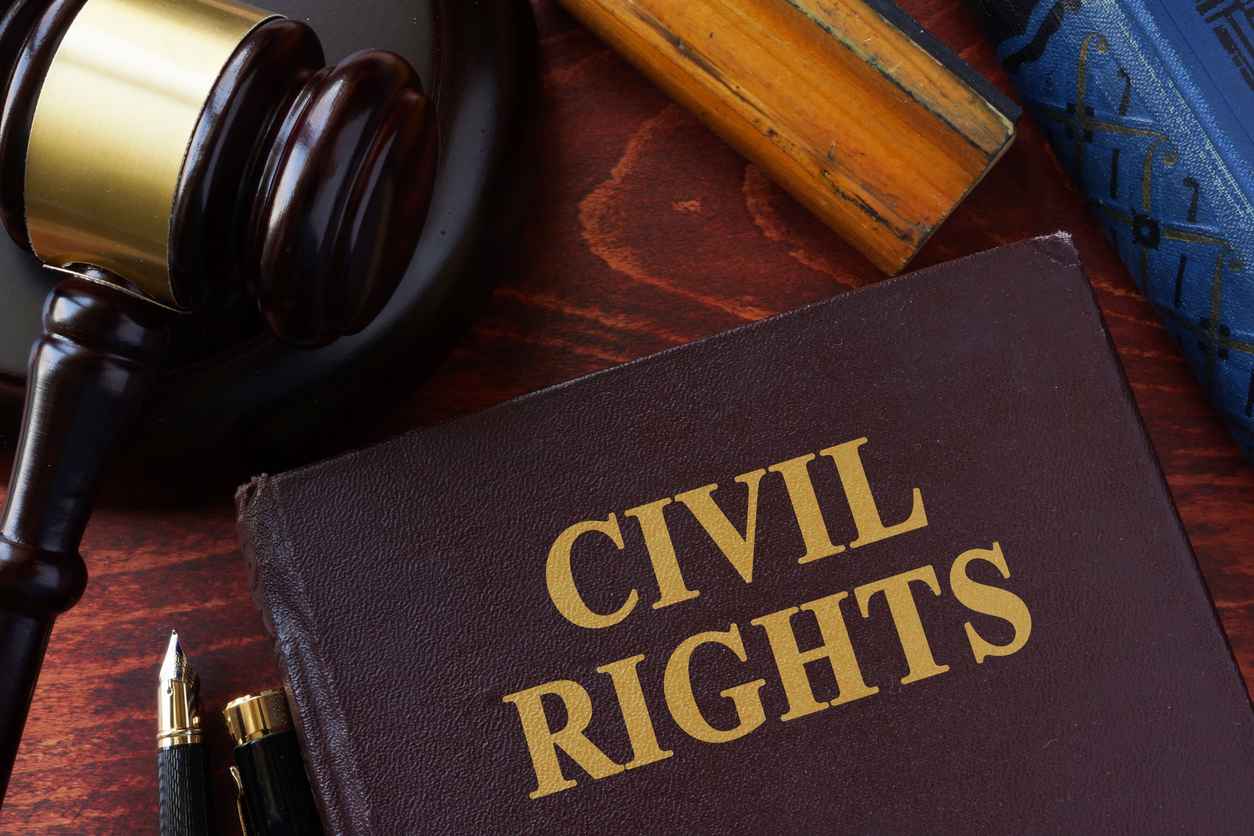Understanding Civil Rights Law: Protecting Your Rights as a Citizen
The United States is founded on the idea of freedom and equality for all. Civil rights laws are the backbone of our society to ensure that every citizen is treated equally, regardless of race, ethnicity, gender, or religion. Civil rights laws ensure that everyone has equal opportunities to succeed and protect us from discrimination and privacy violations.
In this blog, New York and Connecticut civil rights attorney Matthew T. Miklave discusses what civil rights law is, how it works, and why it is essential for every citizen to understand it:
Civil Rights Law in The United States
Civil rights laws are federal and state laws that protect individual freedoms from violating actions by the government, organizations, or individuals. These laws provide recourse for discriminatory or abusive behavior towards an individual based on their race, gender, ethnicity, age, disability, and other factors. Civil rights laws prohibit practices such as workplace discrimination, unequal treatment in education, voting rights restrictions, police brutality, and other injustices. In essence, these laws promote social equality and justice for every citizen.
Enforcing Civil Rights Laws
Enforcement of civil rights laws falls under several government agencies, including the Department of Justice (DOJ) and the Equal Employment Opportunity Commission (EEOC). The DOJ is responsible for enforcing laws that uphold fair and impartial administration of justice, while the EEOC seeks to promote equal opportunities in the workplace and investigate discrimination claims. In addition to these agencies, private civil rights attorneys also play a vital role in helping and representing individuals who have suffered violations of their rights.
The Civil Rights Act of 1964
The landmark Civil Rights Act of 1964 is one of the most significant pieces of legislation in the history of civil rights law. Passed during the civil rights movement, this act prohibited discrimination on the basis of race, color, religion, sex, or national origin, in such critical areas as employment, education, and voting. The Civil Rights Act of 1964 was expanded over the years to include more protection, such as the Americans with Disabilities Act in 1990 and The Fair Housing Act of 1968. These laws paved the way for a more inclusive and equitable society.
Despite the progress made by civil rights laws, discrimination, and social inequality continue to exist in our society. Understanding and being aware of our civil rights is essential to combat discriminatory behavior and defend our freedoms. Education and awareness are also crucial to promoting social justice and ensuring that every individual is treated equally without discrimination.
If you need a civil rights lawyer in New York or Connecticut, turn to The Law Office of Matthew T. Miklave.
Matthew Miklave is an experienced civil rights attorney helping clients throughout New York and Connecticut. If you are dealing with a civil rights issue, Matt will listen to your concerns, provide a solid legal analysis of your situation, and offer a practical, balanced plan to achieve your goals.
Everyone deserves equal protection under the law; Matt Miklave will fight for your rights and be by your side at every step of the process. Take the first step toward achieving justice by scheduling a complimentary consultation with him today: (212) 419-0551 [NY], (203) 434-4093 [CT]

